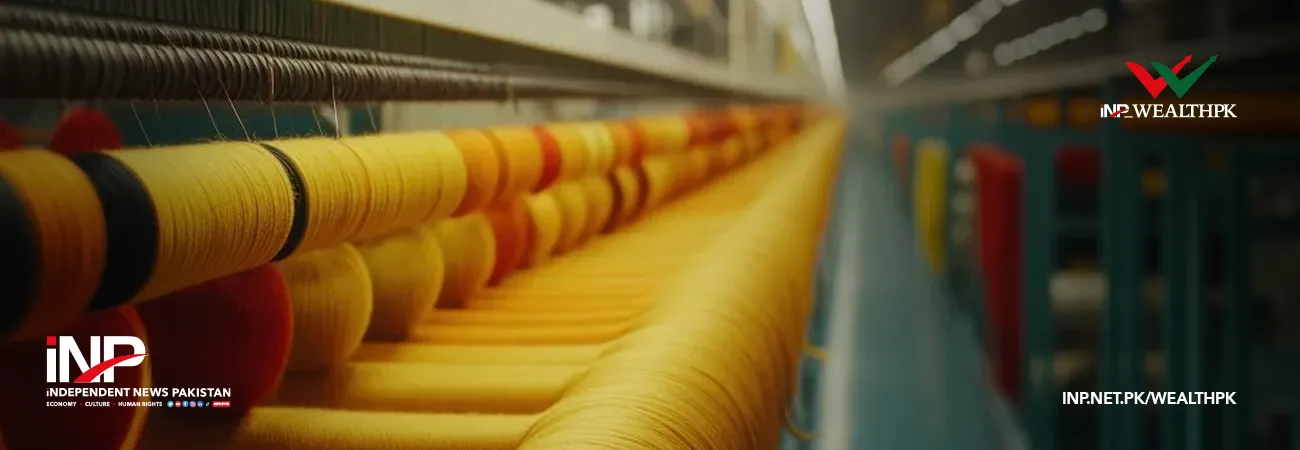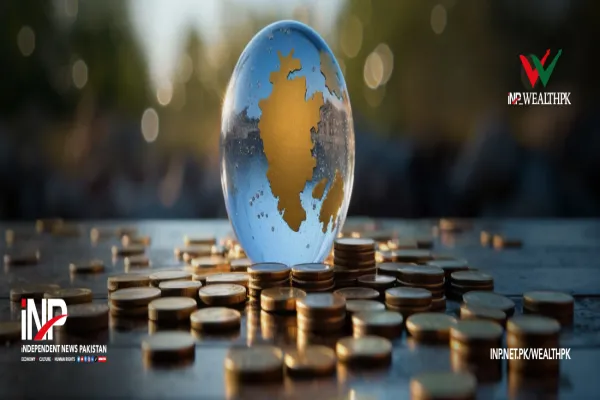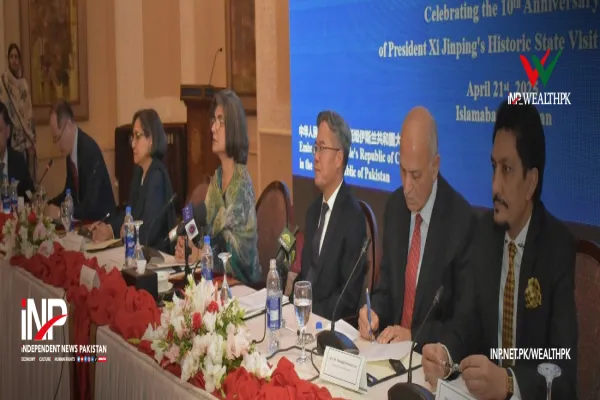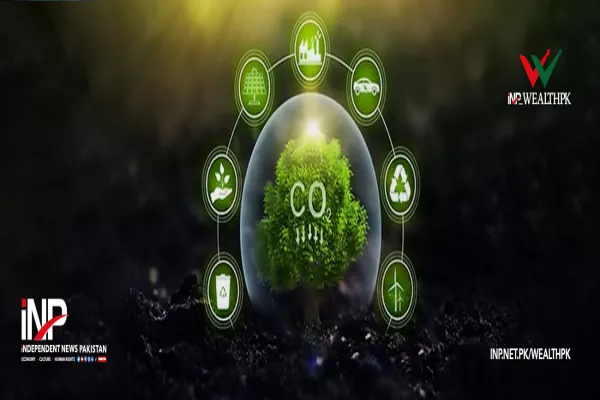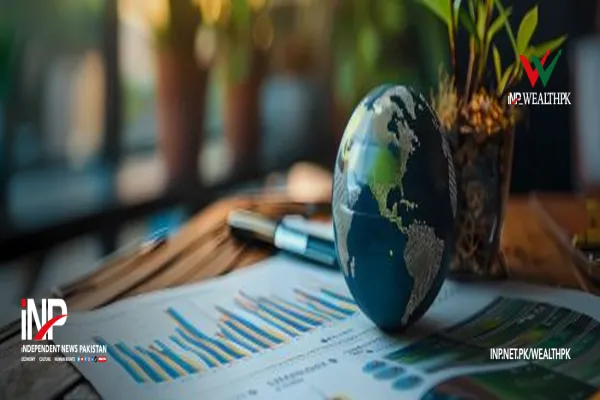i INP-WEALTHPK
Faiza Tehseen
Transitioning to a circular economy is not only crucial for environmental preservation but also for fostering long-term economic growth. “Adopting zero waste in the fashion and textile sector will help reduce the industry’s significant environmental impact and facilitate a shift towards sustainable, circular practices,” said Kashif Noor Khawaja, an environment specialist at the World Bank, in an exclusive interview with WealthPK.
“Being one of the largest textile producers, Pakistan is grappling with mounting textile waste, increasing international demand for sustainable practices, and inefficient resource utilisation. A zero-waste strategy addresses waste elimination through design, reuse, and recycling. This principle is now a key component in transforming the textile and fashion industries,” he explained.
Khawaja said the textile sector in Pakistan contributes nearly 60% of the country’s exports and employs a significant portion of the workforce. “Despite all its potential, it remains the most resource-intensive and polluting sector. Therefore, adopting sustainable practices is highly recommended to ensure Pakistan’s access to eco-conscious international markets, particularly in North America and Europe.”
The environment specialist said, “Adopting the zero-waste strategy and technologies not only reduces environmental impact but also opens up new economic opportunities. From fabric recycling to biodegradable dyes, there is immense potential in creating a circular loop that supports both the environment and the economy.”
“The major challenges for the fashion and textile industry include a weak supply chain for recycled materials, insufficient infrastructure for textile waste collection, and lack of awareness. To overcome these issues, strong collaboration among private manufacturers, public agencies, and educational institutions is necessary to build capacity and foster innovation,” Khawaja emphasised.
Dr Muhammad Akbar, an economist and environmentalist, also highlighted the importance of the zero-waste strategy in enhancing the circular economy by promoting green fashion and transitioning to an eco-friendly textile industry. “In recent years, initiatives such as second-hand clothing markets, fabric upcycling, and eco-labelling have gained attention. Fashion brands and startups in Pakistan are striving to produce organic fabrics, low-impact designs, and adopt digital printing to reduce waste,” he said.
Akbar stressed the need to embrace the green fashion trend. “Amid accelerating climate change and rising demand for eco-friendly values in fashion production, the application of a zero-waste strategy is critical to developing a sustainable, competitive, and resilient textile industry.”
Speaking to WealthPK, Muhammad Saleem, deputy director of communications at the Ministry of Climate Change and an environmentalist, stated: “The government is unwavering in its commitment to reducing waste, promoting sustainability, and advancing the circular economy, particularly in the textile sector.”
He said the Ministry of Climate Change was working on policy frameworks that support circular practices, including green manufacturing and smart waste management techniques for textile units. “The upcoming National Policy on Circular Economy will provide a strategic framework for tackling waste across industries. At the same time, the government is working to strengthen waste management infrastructure, promote recycling initiatives, and increase public awareness about reducing consumption.”
Saleem said the theme of this year’s International Day of Zero Waste, observed on March 30, was also ‘Towards Zero Waste in Fashion and Textiles,’ highlighting the global importance of sustainable waste management and the need to promote responsible consumption and production patterns.
Credit: INP-WealthPk



